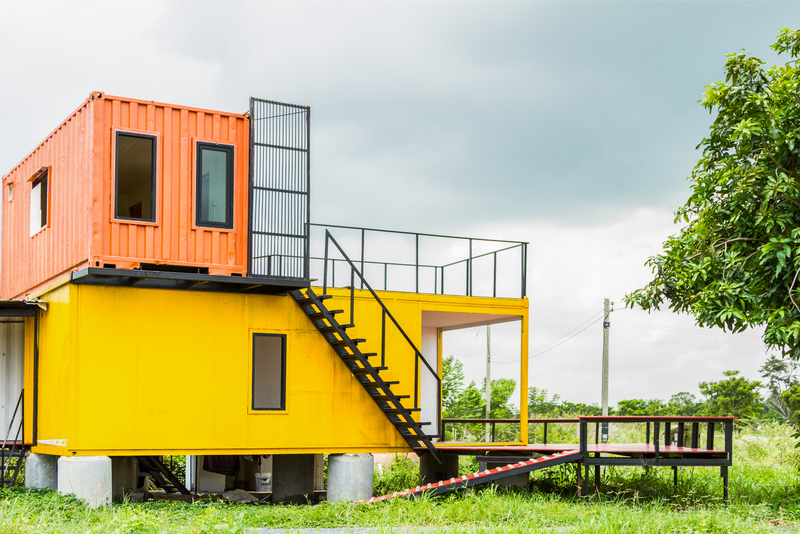Proper waste management is much more critical than it might initially seem. It affects not only the immediate environment but also our health, wildlife, and future generations. In this article, we will delve into five compelling reasons why managing waste properly should be a priority for everyone.
1. Environmental Protection
One of the most apparent reasons to manage waste properly is to protect the environment. Improper waste disposal can lead to soil contamination, water pollution, and air quality issues. When waste ends up in landfills, it can produce harmful methane gases, contributing significantly to the greenhouse effect and climate change. By managing waste efficiently, we reduce the amount of pollution and help sustain the planet for future generations.

2. Health and Safety
Poor waste management can have serious implications for human health. Waste can harbor diseases and attract pests such as rodents and insects, which can transmit harmful pathogens. Moreover, improperly disposed hazardous waste, like electronic waste and chemicals, can lead to serious health conditions such as respiratory problems, skin irritation, and even cancer. Proper waste handling ensures that harmful chemicals are disposed of safely, minimizing the risk to human health.
3. Economic Benefits
Effective waste management can result in significant economic advantages. Recycling, for example, often costs less than waste disposal and can even generate revenues. Recyclable materials like paper, glass, and metals can be reprocessed and sold, contributing to the economy. Proper waste management can also reduce the costs associated with environmental cleanups and healthcare expenses resulting from pollution-related health issues.
4. Resource Conservation
Waste management plays a crucial role in conserving natural resources. Many materials, such as metals, glass, and certain types of plastics, can be recycled and reused multiple times. By recycling and reusing materials, we minimize the need for new raw materials, thus preserving our natural resources. For instance, recycling one ton of paper can save 17 trees, 380 gallons of oil, and significant amounts of water and energy.
5. Enhanced Community Well-being
Communities that manage waste effectively tend to be cleaner, more pleasant places to live. Proper waste disposal reduces litter, minimizes foul odors, and creates a more aesthetically pleasing environment. This can improve the overall well-being and quality of life for residents. Additionally, communities that prioritize waste management often foster a sense of social responsibility and community pride.
Pros and Cons of Proper Waste Management
Pros:
- Environmental protection and pollution reduction
- Improved public health and safety
- Economic benefits from recycling and reduced cleanup costs
- Conservation of natural resources
- Enhanced community cleanliness and well-being
Cons:
- Initial setup costs for waste management systems
- Requirement for public education and awareness programs
- Ongoing maintenance and operational costs
Tips for Effective Waste Management
- Sort and Separate: Sort your waste into categories such as recyclables, compost, and general waste. This makes recycling and disposal more efficient.
- Reduce and Reuse: Minimize waste by opting for reusable items over disposable ones. For example, use cloth bags instead of plastic ones.
- Educate and Advocate: Educate your community about the importance of proper waste management and advocate for better waste disposal practices.
- Compost: Composting organic waste reduces the amount of waste sent to landfills and produces rich soil for gardening.
- Use Eco-friendly Products: Opt for products made from recycled materials and those that are biodegradable or have minimal packaging.

Takeaways
1. Proper waste management is essential for protecting the environment.
2. It significantly impacts human health, reducing exposure to harmful pollutants.
3. Effective waste management offers economic benefits and helps conserve natural resources.
4. Communities benefit from waste management with improved cleanliness and quality of life.
5. Simple steps like sorting waste, reducing usage, and composting can make a big difference.
Conclusion
Proper waste management is not just a responsibility but a necessity. It benefits the environment, human health, the economy, and the well-being of communities. While there are some initial costs and ongoing efforts required, the long-term advantages far outweigh them. By making small changes to how we manage waste, we can contribute to a more sustainable and healthier planet.
